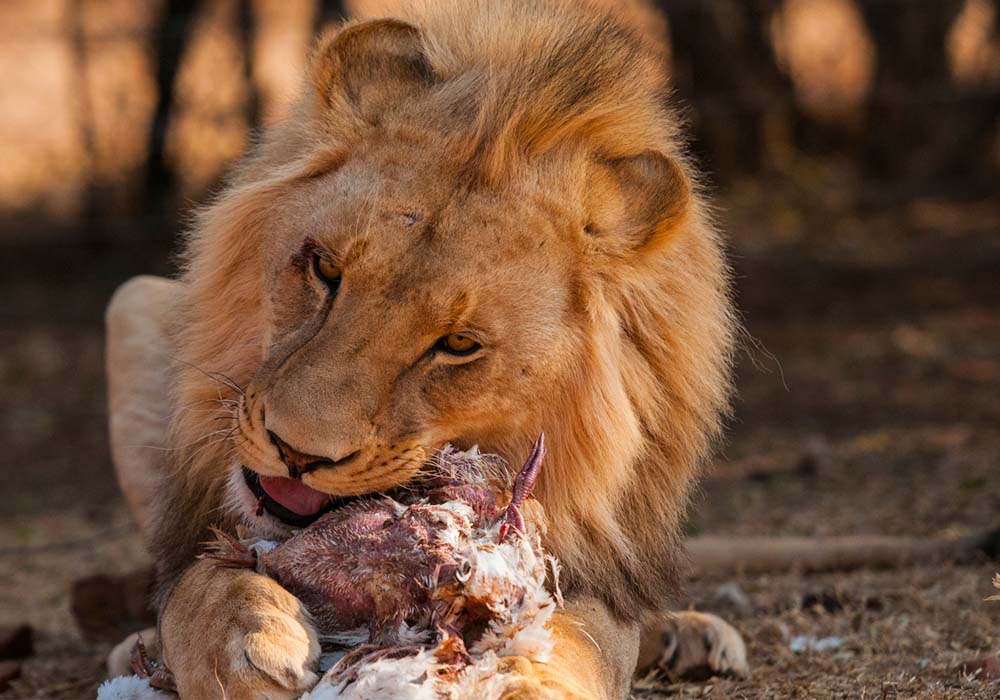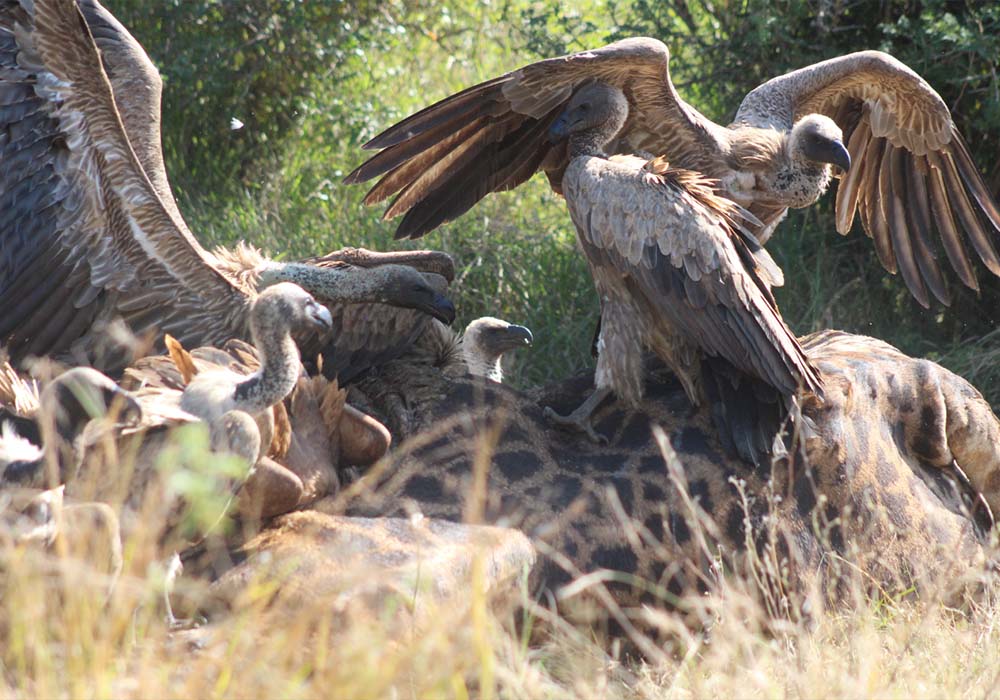Overview
This study examines the welfare impacts on wildlife from both human-caused and naturally induced mortality. By comparing welfare implications across different causes of death, the project seeks to build a comprehensive understanding of animal welfare in various conservation scenarios. This research aims to provide an ethical framework to guide humane decision-making in wildlife management and improve welfare standards globally.
Partners
In partnership with Oxford University’s WildCRU, the African Leadership University (ALU), and veterinary expert Alick Simmons
Ecosystems
Croplands
Deserts
Lakes, Wetlands And Mangroves
Marine
Savannah, Shrublands and Grasslands
Temperate Forests
Status
Completed (2024 – 2025)Thematic Area
Data collection / monitoring
Supporting Human Centered Conservation
Overview
This study examines the welfare impacts on wildlife from both human-caused and naturally induced mortality. By comparing welfare implications across different causes of death, the project seeks to build a comprehensive understanding of animal welfare in various conservation scenarios. This research aims to provide an ethical framework to guide humane decision-making in wildlife management and improve welfare standards globally.
Partners
In partnership with Oxford University’s WildCRU, the African Leadership University (ALU), and veterinary expert Alick Simmons
Ecosystems
Croplands
Deserts
Lakes, Wetlands And Mangroves
Marine
Savannah, Shrublands and Grasslands
Temperate Forests
Status
Completed (2024 – 2025)Thematic Area
Data collection / monitoring
Supporting Human Centered Conservation
Objectives
- Compare welfare impacts of different causes of wildlife mortality, including both human and natural causes.
- Strengthen capacity to assess and integrate wildlife welfare considerations in management decisions.

”Both the IUCN and the CBD recognise that humane practices and the ethical treatment of individual animals within ecosystems are crucial for sustainable wildlife management. However, there's a lack of empirical data to inform policy and decision-making in this area. This research will help inform our understanding of animal welfare in conservation and sustainable use scenarios.
Katie MacKenzie
Head of Impact

Results/Impact
This project will significantly enhance our understanding of the welfare impacts of different ways of dying for wild large African mammals, providing critical baseline data to inform conservation strategies. The knowledge gained will guide policymakers, conservationists, and other stakeholders in making decisions that better balance the welfare of individual animals with broader conservation goals. Dissemination and wider discussion of the project findings will make an important contribution to bridging the gap between animal welfare and conservation.
